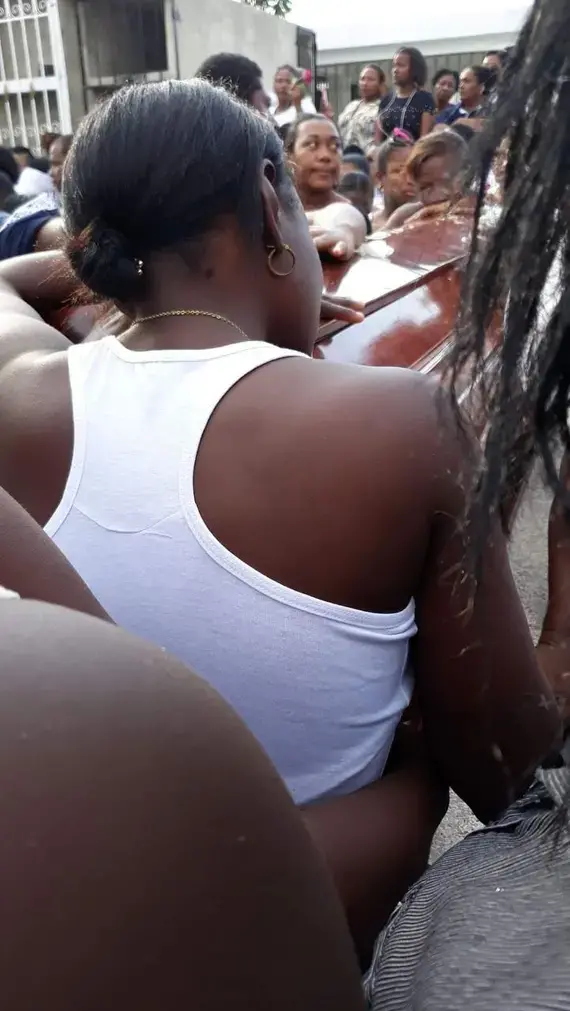In opposite hemispheres, two organizations—the Chicago Torture Justice Center (CTJC) and the Historical Memory Center (HMC) in Bogotá, Colombia—explore how different global contexts use memory work to heal and move forward. While the former seeks to address the traumas of police violence and institutionalized racism and the latter aims to preserve the truth for the victims of the Colombian armed conflict, both centers address state-sponsored violence in their own contexts.
This project explores how each organization uses memory to resist and reconstruct within the bounds of distinct societies. Transitional justice in Chicago (and in the U.S. in general) tends toward the concept of “liberatory memory,” or breaking the cycle of violence, while transitional justice in Colombia (based out of Bogotá) focuses on “historical memory,” or understanding the past. Responses to the ongoing Colombian conflict and historical police brutality in Chicago, while separated by time and space, share many similarities—and have much to learn from each other.








